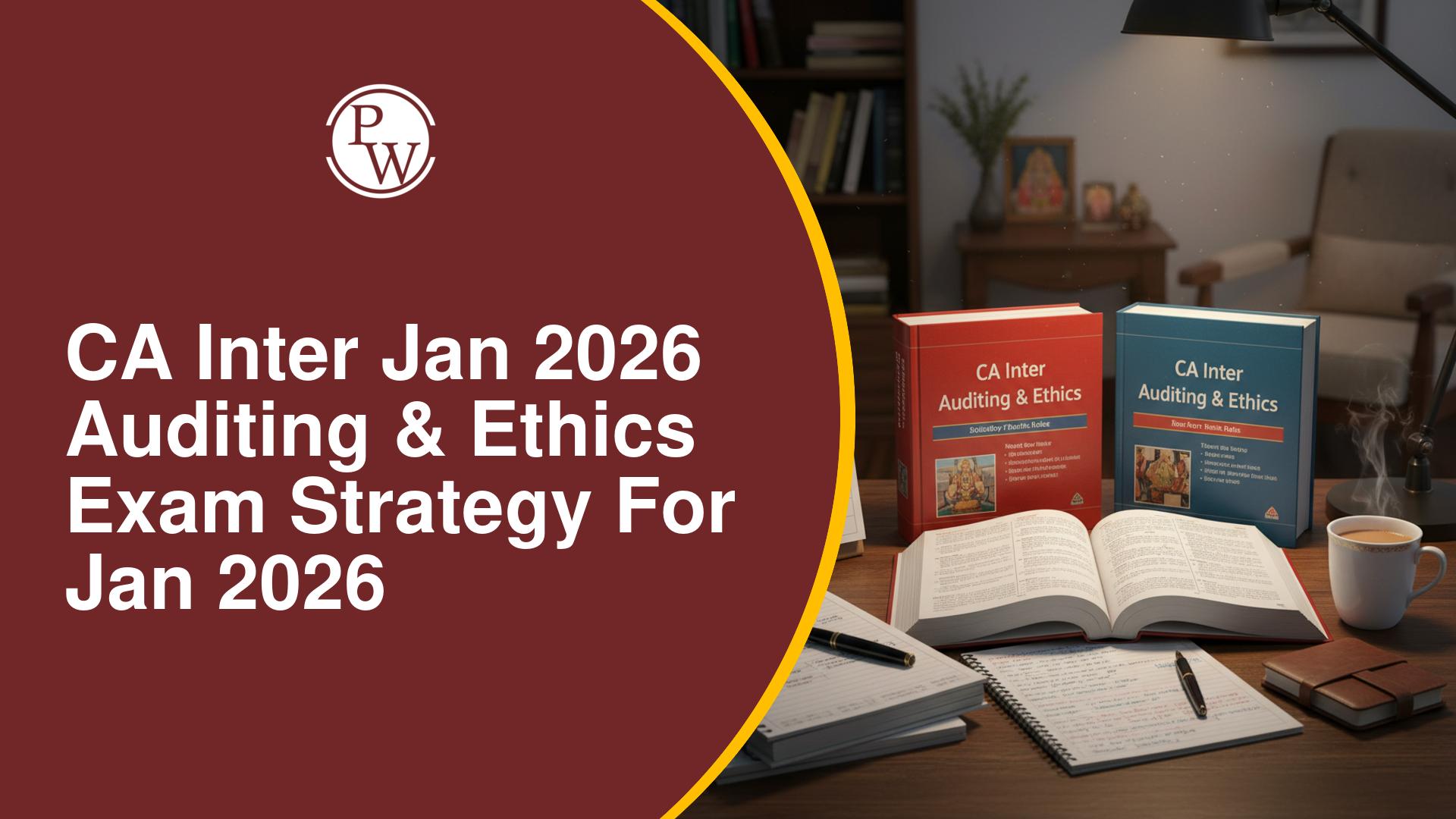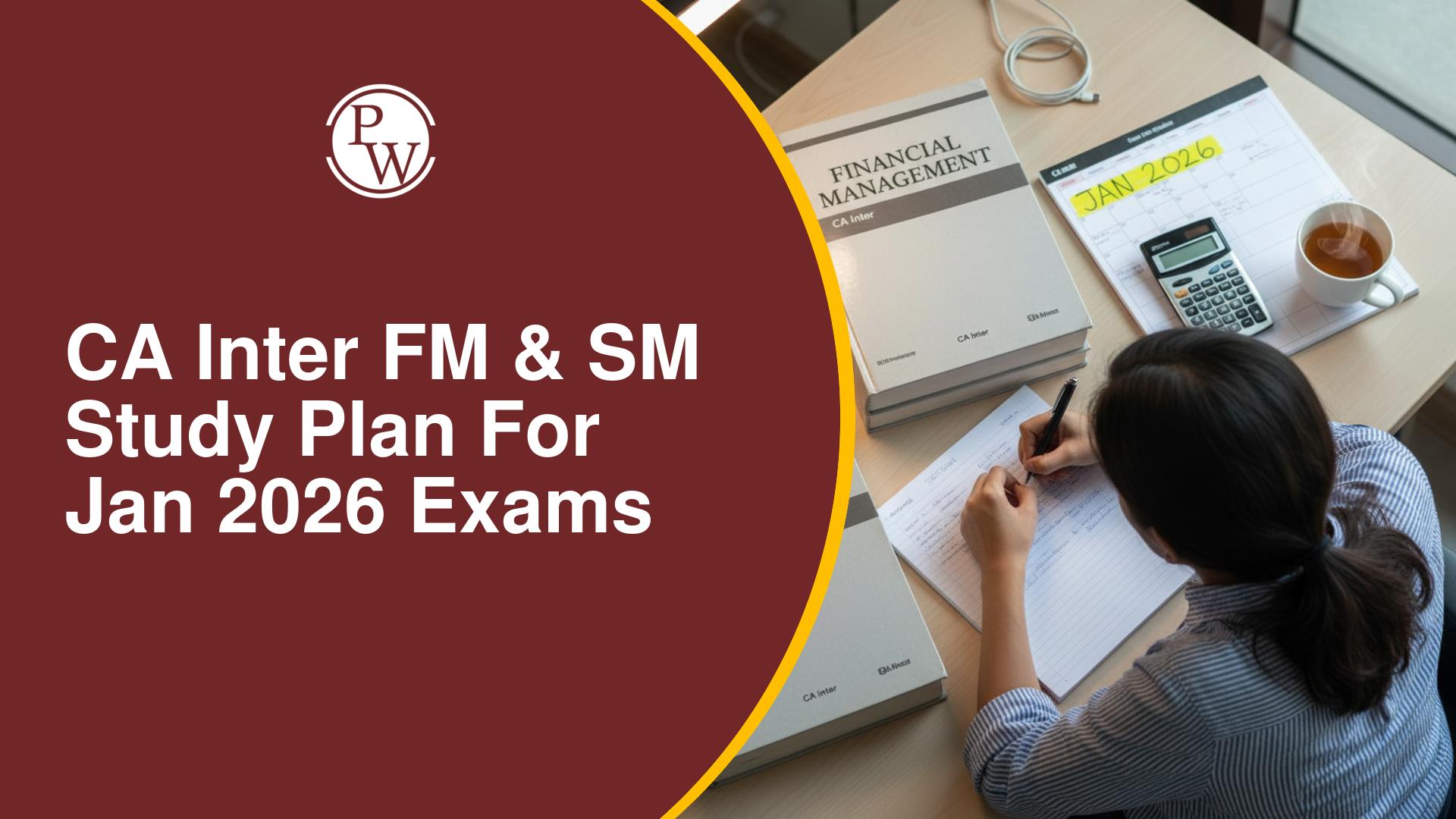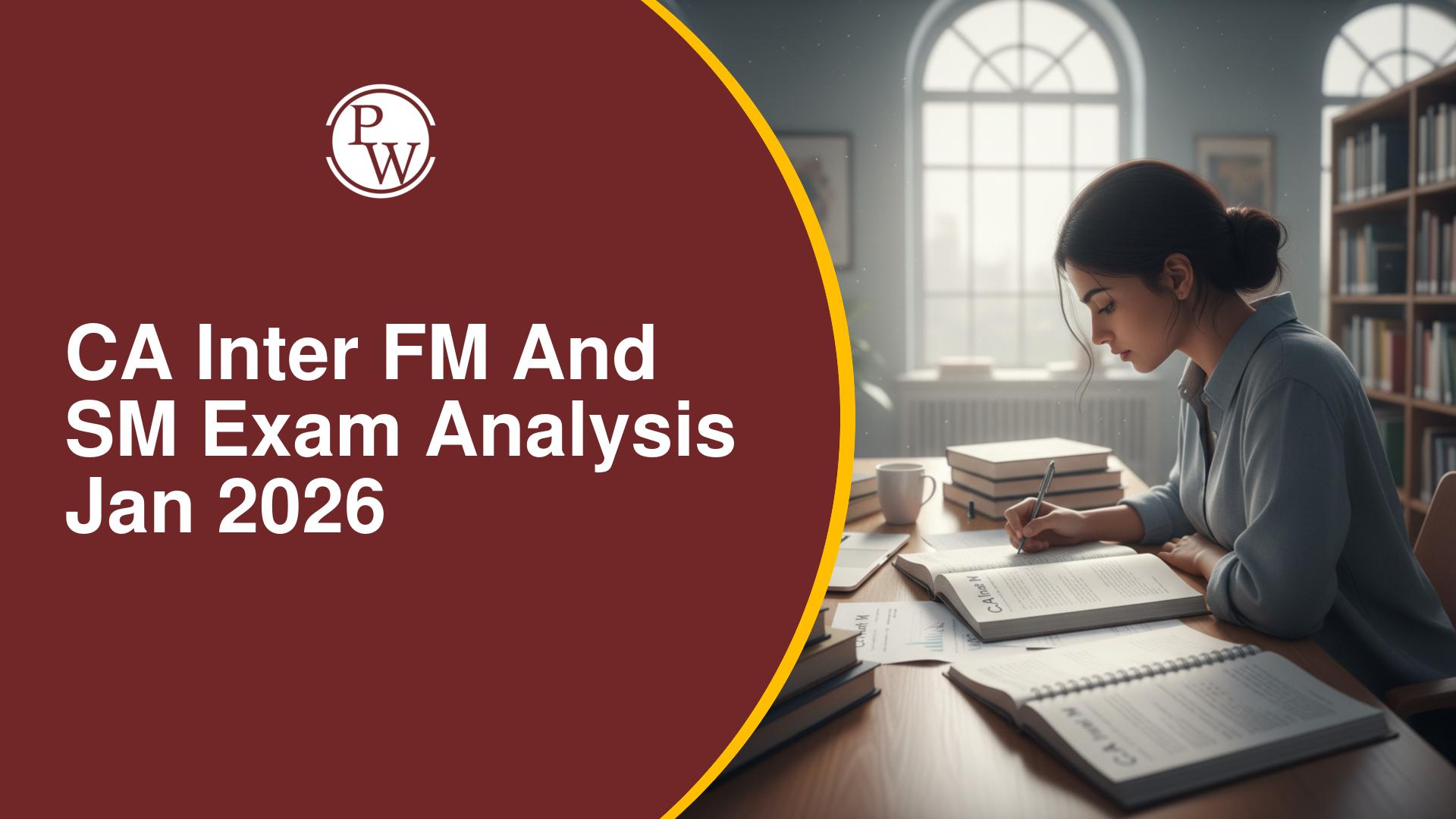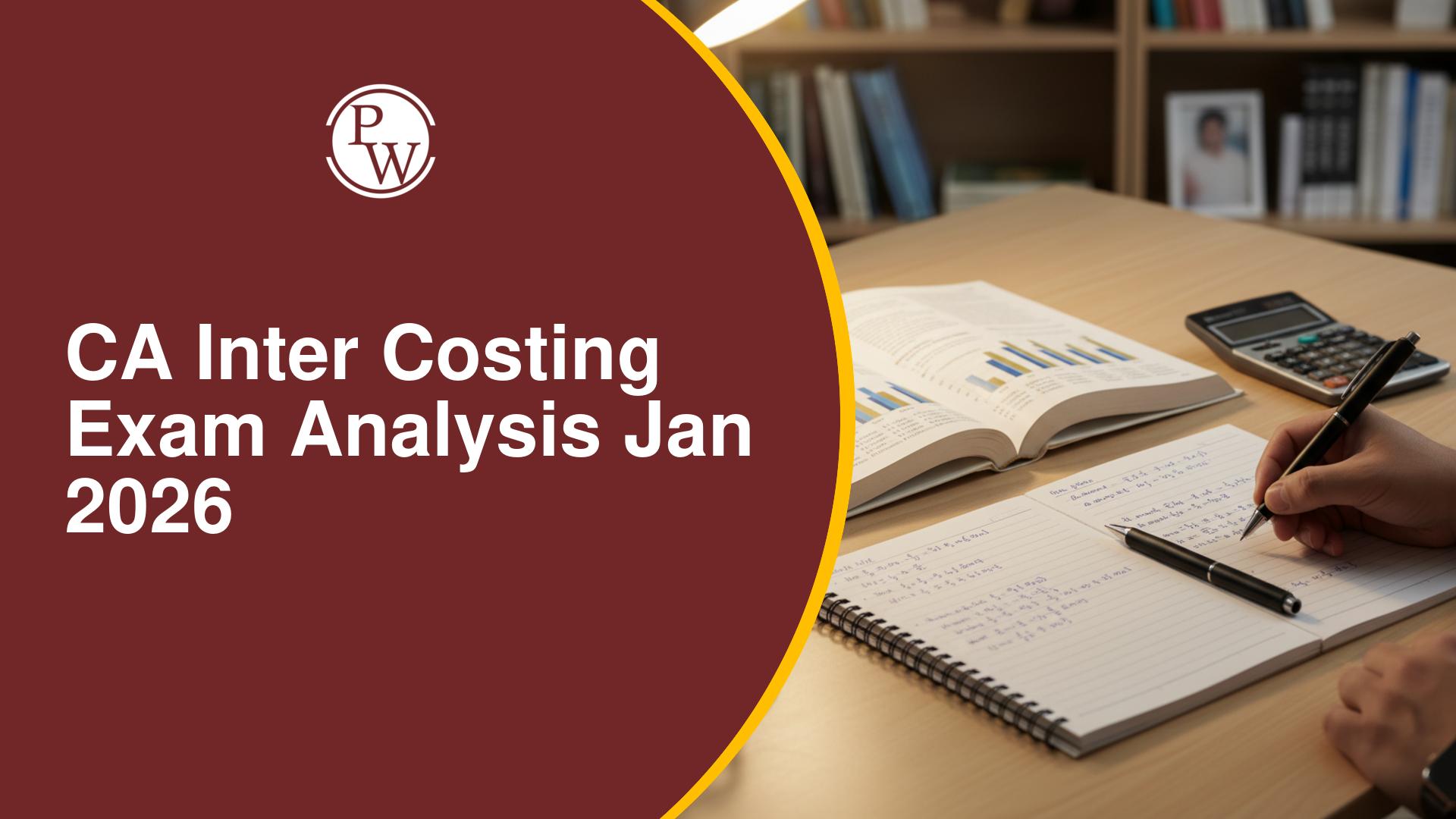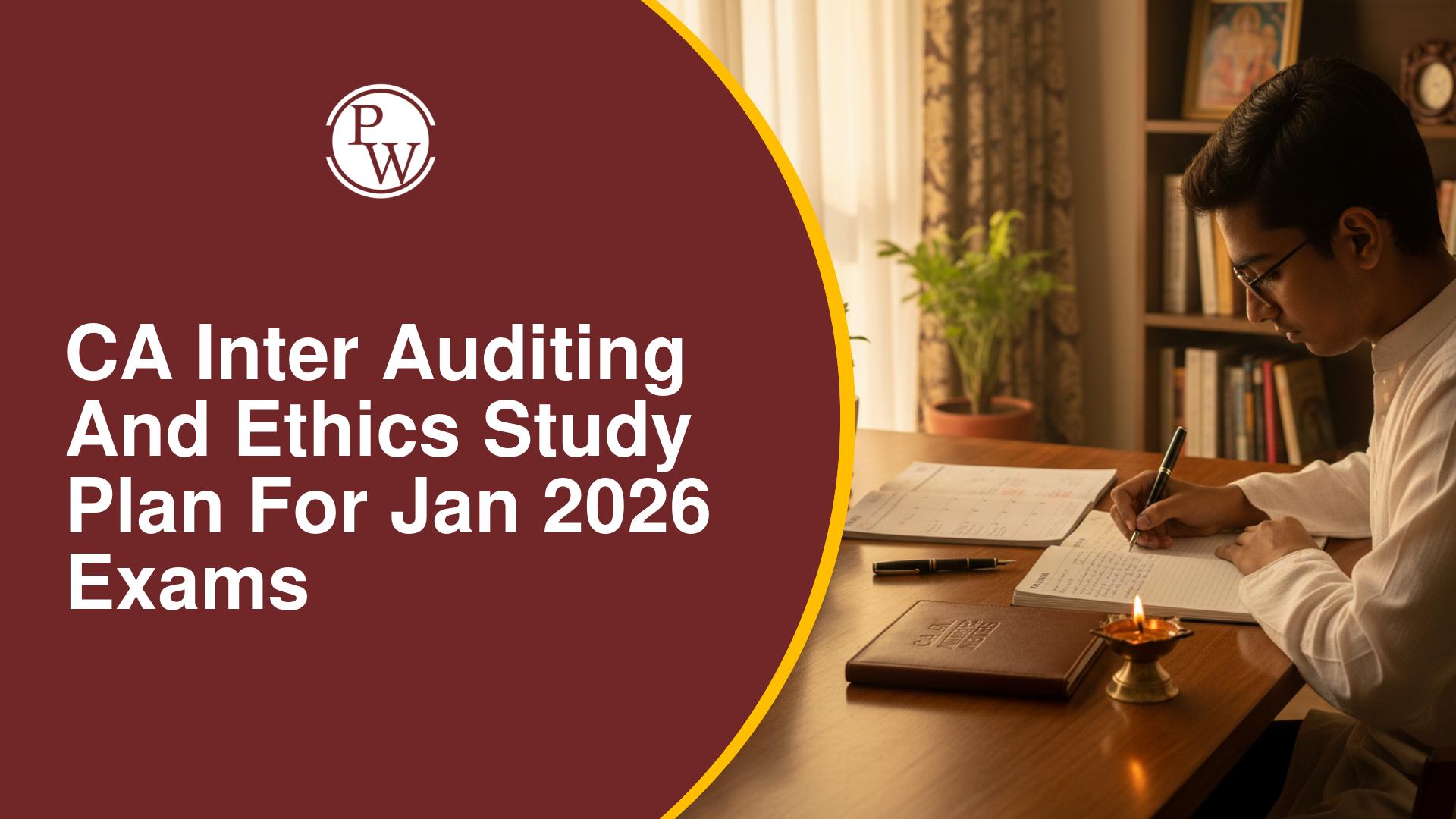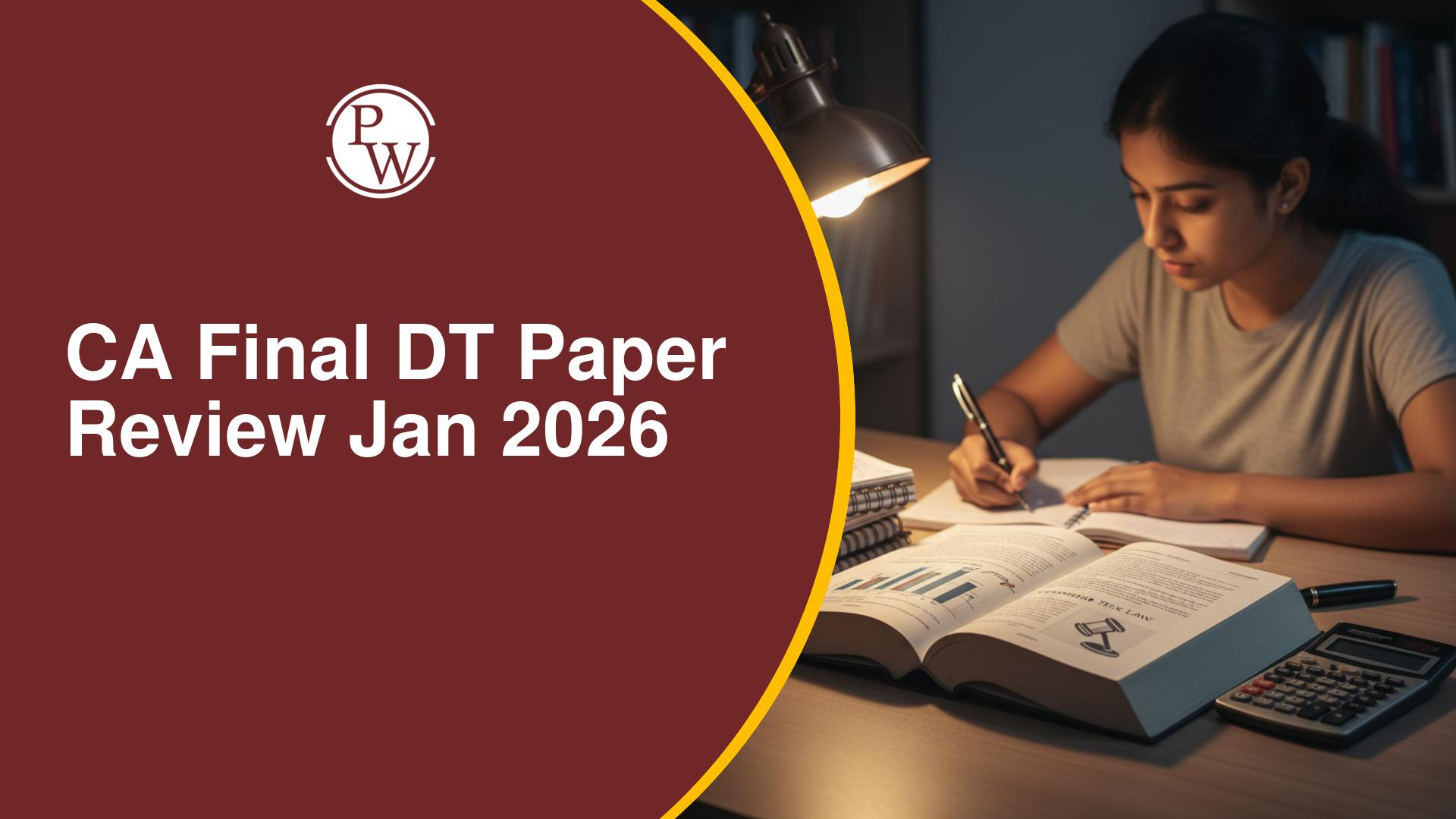
Understanding Advance Tax is crucial for CA students, as it ensures timely payment of taxes and avoids last-minute financial stress. Advance Tax, also known as "pay-as-you-earn tax," is paid in installments during the financial year. It is mandatory for taxpayers whose tax liability exceeds ₹10,000 annually.
This system benefits both the government and taxpayers by promoting steady revenue flow and financial discipline. This article explores Advance Tax for CA exams , including its meaning, eligibility, calculation methods, and important deadlines.
What Is Advance Tax?
Advance Tax refers to the income tax paid in advance, rather than waiting until the end of the financial year. As per Indian tax laws, taxpayers are required to estimate their total income for the year and pay taxes accordingly in specified installments. This method aligns with the principle of taxing income as it is earned, ensuring consistent government revenue. For instance, salaried individuals, businesses, freelancers, and professionals with a tax liability exceeding ₹10,000 are obligated to pay Tax. This process reduces the financial burden of a lump-sum payment during the tax filing season and helps avoid interest penalties. The system plays a vital role in maintaining the tax compliance of individuals and businesses.Who Should Pay Advance Tax?
The responsibility to pay Advance Tax extends to various categories of taxpayers. Understanding eligibility ensures compliance and avoids unnecessary penalties.Salaried Individuals While salaried employees often have tax deducted at source (TDS), those earning additional income through interest, rent, or other sources may need to pay Tax if their total tax liability exceeds ₹10,000.
Freelancers and Professionals Freelancers and self-employed professionals like doctors, lawyers, and consultants must calculate their annual income from all sources and pay Tax accordingly.
Businesses Businesses, including those under the presumptive taxation scheme (Section 44AD), are required to estimate their taxable income and fulfill Tax obligations.
Senior Citizens Senior citizens earning income through business activities must pay Tax, while those with no business income are exempt.
Presumptive Income Professionals Self-employed individuals under Section 44ADA must ensure they meet their Tax payment obligations based on their projected income.
Also Check: The General Clauses Act 1897
How to Calculate Advance Tax?
Calculating Advance Tax involves estimating your total income for the financial year and applying the following formula:- Estimate your total annual income from all sources, including salary, business, interest, rent, or other earnings.
- Deduct eligible deductions under sections such as 80C, 80D, and 80G of the Income Tax Act.
- Compute the total taxable income after accounting for exemptions and deductions.
- Apply the relevant income tax slab rates to calculate the gross tax liability.
- Subtract the tax already deducted at source (TDS) or collected at source (TCS) from the gross tax liability.
- The remaining amount is th Tax payable, which can be paid in installments as per the prescribed schedule.
Important Dates for Paying Advance Tax
It is essential to adhere to the deadlines for Advance Tax payments to avoid penalties. Taxpayers must pay their dues in installments, as outlined in the table below.| Important Dates for Paying Advance Tax | |
|---|---|
| Due Date | Percentage of Payable |
| On or before June 15 | 15% of the total tax liability |
| On or before September 15 | 45% of the total tax liability |
| On or before December 15 | 75% of the total tax liability |
| On or before March 15 | 100% of the total tax liability |
Interest on Late Payment of Advance Tax
Failure to pay Advance Tax on time results in penalties:Section 234B
1% interest per month is charged if 90% of the tax liability is not paid by March 31.Section 234C
1% interest per month applies for delay in installment payments, calculated based on shortfall percentages for each due date.Filing Advance Tax Using Challan ITNS 280
To pay Advance Tax, you need to:- Fill Challan ITNS 280 online or offline.
- Provide accurate PAN details and assessment year.
- Select "Advance Tax" as the payment type.
- Retain the Challan Identification Number (CIN) for future reference.
| Also Check: | |
| AS 15 Employee Benefits | Process of Budget Making |
| Accounting for Reconstruction of Companies | Procedure for Computation of Total Income |
| Basis of Charge | Trade Policy |
What is Advance Tax?
Who is liable to pay Advance Tax?
How is Advance Tax calculated?
What happens if Advance Tax is not paid on time?
Which form is used to pay Advance Tax?

